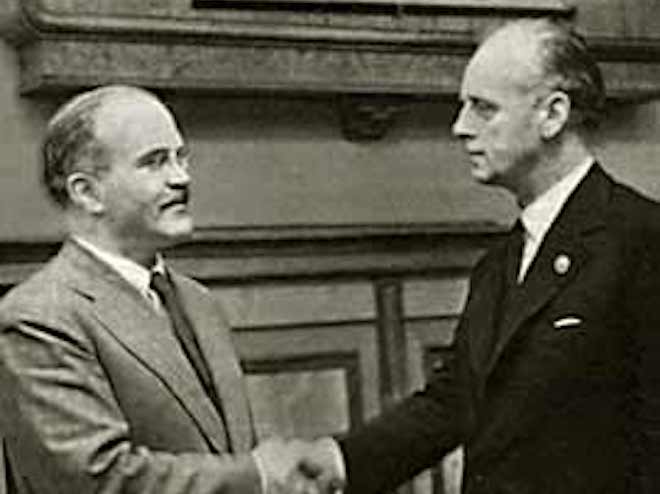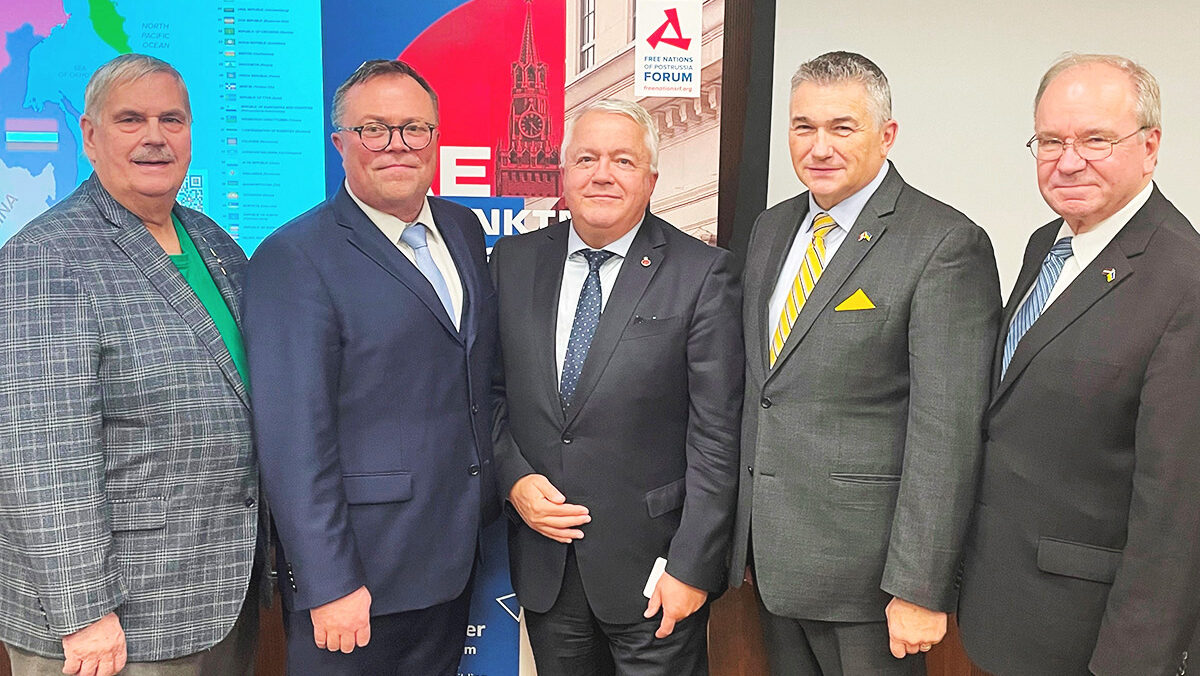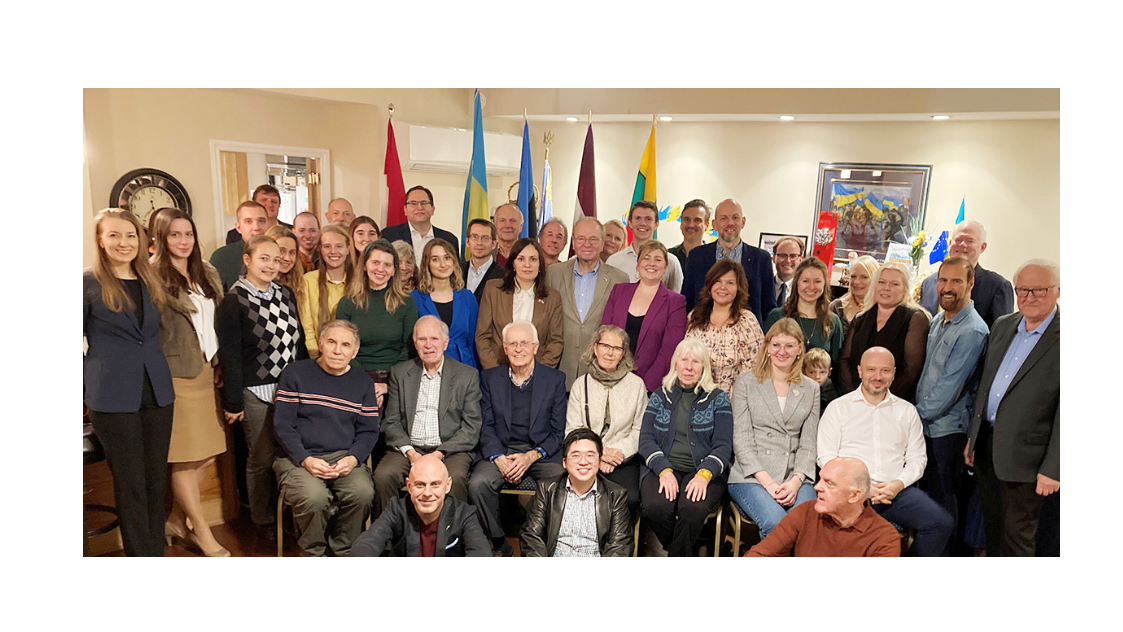The Gestapo-NKVD conferences were meant to advance cooperation between the two security police agencies in pursuing specific goals on occupied Polish territory. At the February Zakopane conference in the villa “Pan Tadeusz” on Droga do Bialego street, Germany was represented by Adolf Eichmann and the USSR by Grigory Litvinov and Rita Zimmerman, director of the Kolyma gold mine, one of the most inhumane slave labour camps where thousands perished.
The meeting resulted in Germany's “Ausserordentliche Befriedungsaktion” (German AB-Aktion), and “Sonderaktion Krakau”, the elimination of Krakow intelligentsia and the Soviet Katyn massacre. In reference to the conference, British historian Robert Conquest has written: “Terminal horror suffered by so many millions of innocent Jewish, Slavic, and other European peoples as a result of this meeting of evil minds, is an indelible stain on the history and integrity of Western civilization, with all of its humanitarian pretensions.”
(It is said that existing Soviet documentation makes collaboration on the Katyn murders improbable. Other archival materials have shown that the Soviets undertook the murders themselves.)
The AB-Aktion was meant to eliminate the intellectuals and upper classes of Polish society across territories slated for eventual annexation. Most of the killings were arranged in a form of mass disappearances from multiple cities and towns upon German arrival. Soviet expertise helped to flesh out the details of the plan.
The last conference in Krakow, which lasted for several weeks between the NKVD and Gestapo worked out the actions against Polish resistance. Russian Historian Oleg Vishlyov, most likely referring to false Soviet documentation, concluded that the meeting wasn't attended by German and Soviet secret police but by commissions dealing with refugees in both occupied territories and that refugee exchange was the topic dicussed. However, clear evidence exsists of clandestine murder operations conducted by both German and Soviet forces.
In spite of Russian denials of Soviet-Nazi collusion, a logical argument exists, which makes collusion a probability: both regimes were socialist, imperialist and nationalist, both were also single-party totalitarian states, that enphasized the concept of the ‘great leader'and both had an untouchable government branch whose mandate was repression.
The Nazi propaganda chief Goebbels compared Hitler with Stalin while Molotov outlawed opposition to Nazi ideology. Partisans who fell prisoner while fighting the Nazis and the Communists in occupied territories,were exchanged and the Russians were also known to hand over Jews to the Germans. The Soviets had employed mass muder as a form of control long before the Nazis assumed power.
Slave labour and genocide continued in the USSR long after WWII. The Gulags concentration camps dotted the vast countryside. Torture and medical experiments of the post-war Soviets would have made Mengels proud.
Why shouldn't we equate the Soviets and the Nazis?
Laas Leivat



